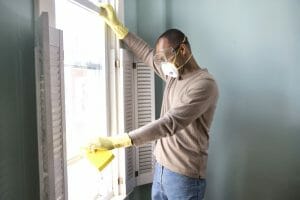
There are no legal requirements specific to mold in most residential buildings. However, Minnesota law requires that a landlord must provide an apartment that is habitable and in reasonable repair (Minn. Stat. § 504B). The purpose of this article is for landlords and tenants to better understand laws and their rights and responsibilities for mold. […]
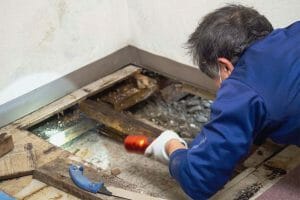
Mold affects both old and new homes so it is very important for the landlord to know how liable he is if the tenant claims there is mold in the rental property. Massachusetts doesn’t have any laws that specifically address mold prevention and remediation as a landlord’s duty or liability. This article will try to […]
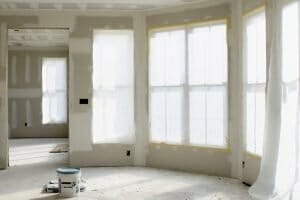
Drywall has been in use in the construction industry for many years and is one of the most common building materials around the world. Drywall was invented in 1916 by the United States Gypsum Corporation. It is composed of two layers of paperboard with gypsum sandwiched between them. Let us look more into when drywall […]
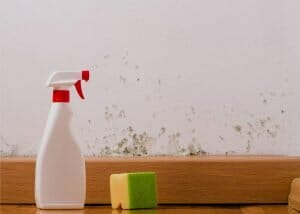
The mold should be approached seriously, both the landlord and the tenant. No rental property is immune from a mold outbreak. It can always occur due to an unattended spill, faulty plumbing, or even a misdirected lawn sprinkler. According to Maryland law landlords from all regions are required to provide a safe and habitable apartment. […]
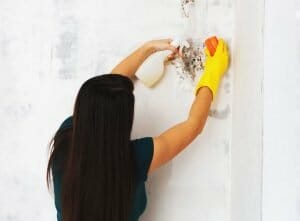
Mold can be found growing almost everywhere, inside and outdoors, year-round. A small amount of mold inside your apartment will not harm you at any cost, but if the problem becomes serious you must know how to react. Michigan doesn’t currently have any laws regarding mold in rental properties and no local laws regarding mold […]
Mold can be found everywhere, it is simply a naturally-occurring organism. Not that we don’t want to, but it is simply not possible to live in an environment that is completely mold-free. It is a legal obligation of Maine landlords to ensure the unit is habitable, and free from medical and safety threats, including mold, […]





